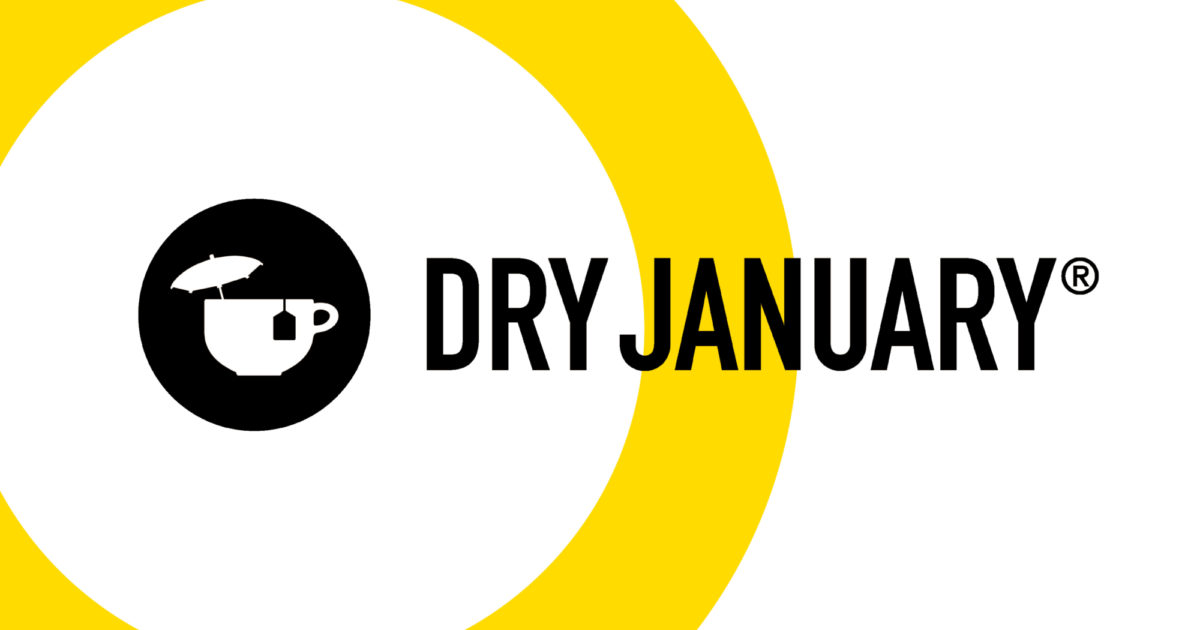The Dry January campaign is an annual challenge that encourages individuals to refrain from all alcohol consumption for the entire month. Since its inception in 2013 with just 4,000 participants, the campaign has grown significantly, with around 130,000 people taking part in 2021. This well-known health initiative is now a global phenomenon, helping millions to reassess their relationship with alcohol and prioritise their well-being.
The timing of Dry January is particularly effective, offering a much-needed detox after the festive season, when many individuals might find themselves drinking more than usual. But beyond just being a post-holiday reset, this campaign also serves as a valuable opportunity to promote longer-term healthier habits that can extend far beyond the first month of the year.
The Dangers of Alcohol Misuse
Alcohol misuse isn’t just a personal issue—its effects can spill over into the workplace, affecting productivity, safety, and overall wellbeing. Excessive alcohol consumption is linked to a range of physical and mental health problems, including liver disease, heart disease, anxiety, low mood, and depression. Many individuals use alcohol as a coping mechanism for stress, but this often leads to a vicious cycle of worsening mental health, creating further dependence. The impacts of alcohol misuse can be significant, leading to absenteeism, presenteeism, and reduced performance at work.
Participating in Dry January is a chance to press pause and consider how alcohol may be affecting one’s health and lifestyle. Studies show that taking a month off drinking can bring many benefits, including improved sleep, better focus, increased energy, weight loss, and a stronger immune system. It’s a campaign designed not just for those looking to cut down but also to encourage broader conversations about alcohol’s impact on our well-being.
Spotting the Signs of Alcohol Misuse at Work
As an employer, it’s important to recognise the warning signs of alcohol misuse, especially given its impact on the workplace. Here are some key indicators to be mindful of:
- Increased Absenteeism: If an employee is repeatedly taking unplanned days off, especially around weekends or after holidays, it may indicate an issue with alcohol.
- Decline in Performance: A sudden drop in work quality, missed deadlines, or noticeable errors can be a red flag. Alcohol misuse can impair cognitive functioning and concentration.
- Behavioural Changes: Mood swings, irritability, a lack of motivation, or being unusually withdrawn are all changes that may indicate alcohol-related issues. Employees struggling with alcohol misuse might also have more frequent conflicts with colleagues.
- Physical Signs: Red eyes, frequent hangovers, or smelling of alcohol during working hours are more obvious signs of misuse. Employees might also show signs of fatigue, shakiness, or other physical symptoms.
- Social Withdrawal: Employees who used to engage in team activities but suddenly withdraw might be experiencing problems, including alcohol misuse.
Supporting Employees During Dry January
Employers can use the Dry January campaign as a prompt to initiate positive discussions about alcohol consumption and well-being at work. Encouraging participation in Dry January can help raise awareness and create a supportive environment for employees who might be struggling. Even small steps like sharing resources from Alcohol Change UK or encouraging group participation in the challenge can make a big difference.
On the Alcohol Change UK website, you can find a wealth of information about the Dry January campaign, including real-life stories that highlight the benefits of taking part. The website also offers support and training for those who might need help, along with opportunities for fundraising. Taking the first step towards change can feel daunting, but the campaign’s supportive community can make all the difference.
Find out more here:
- https://alcoholchange.org.uk/help-and-support/managing-your-drinking/dry-january/sign-up-for-dry-january
- https://www.goodhousekeeping.com/health/a25656740/dry-january-benefits/
Workplace Wellbeing Professional and Alcohol
Workplace Wellbeing Professional acknowledges the problematic nature of alcohol, which has the potential to adversely affect both home and work life. Therefore, it is crucial to address this issue, paying attention to employees’ alcohol consumption and being vigilant for potential warning signs of underlying problems.
Take a look at some news and analysis pieces covering the topic of alcohol below (with many more to be found under ‘Alcohol’ in the Topic Index:
- Dry January Support Needed for Overseas Staff
- Private Facilities Witness Spike in Drug and Alcohol Cases as NHS Numbers Fall
- Janet Hadley: Workplace Alcohol Use Disorder Needs Employers Attention
- Dr David McLaughlan: Guidance on Responsible Alcohol Consumption During ‘Office Party’ Season
Don’t forget…
Take a look at our ultimate guide on handling alcohol problems in the workplace below:
Workplace Wellbeing Professional is an online magazine featuring news and analysis on a broad range of employee wellbeing topics, focused on a UK based audience.


